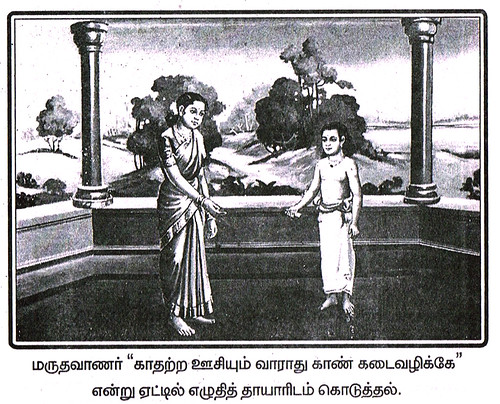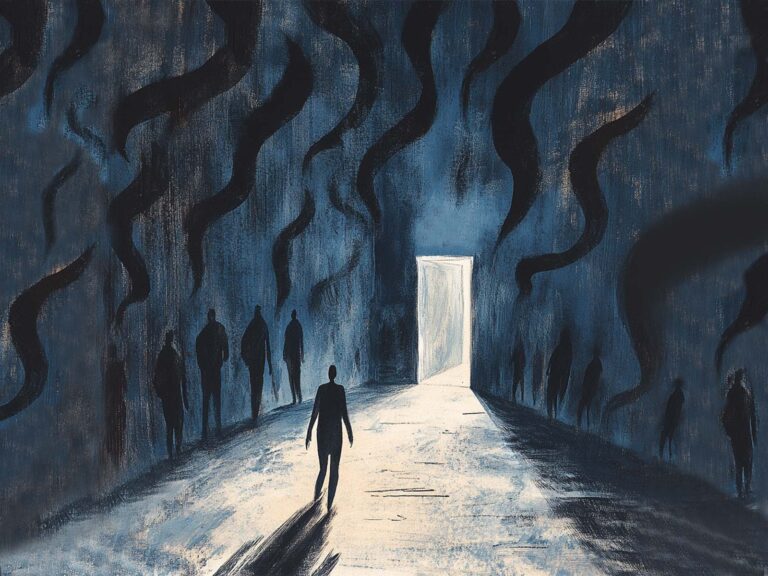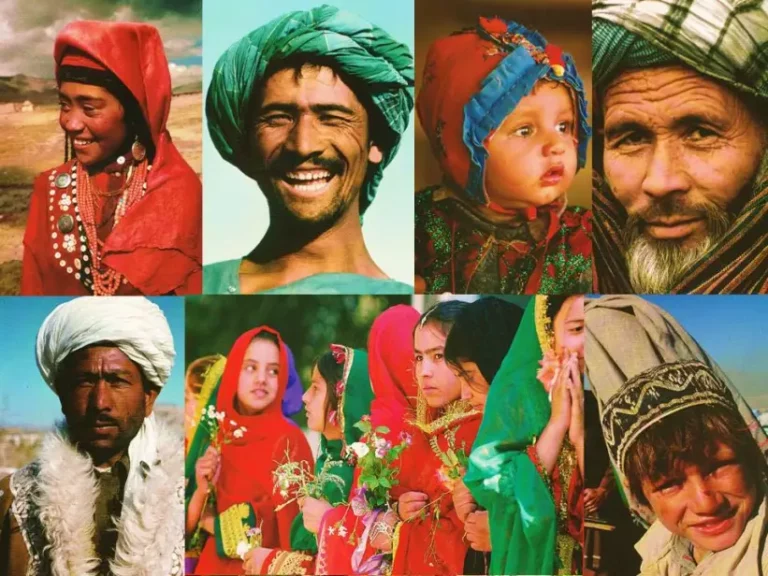Misogyny and sexism in Pattinathar’s poetry
Srividya Kripakar is a gold medalist in women’s studies. Diversity and inclusivity in workplace consultant, she writes on Feminist Literature, Films, Art, and New Media
In the story of Pattinathar, from riches to rags, from a life of materialistic indulgence to spiritual awakening, in every stage, he sees women as the “Other”, except for a song in which he grieves his mother’s death. The language he uses to describe women oscillates from being violent to vulgar, replete with misogyny. Pattinathar through his poems says that all women have ‘dual minds’ which might be the true case even with Parameswari. Many of his songs mention women as a distraction for men, to attain spiritual awakening and reach the lord’s divine feet. He sings about the futility of material life and the importance of a spiritual quest, but all from an androcentric perspective. His songs reflect the ideas of Manusmriti, that women are spiritually, morally, and intellectually inferior to men. It is quite evident from his songs that he believed that women are a curse in “Men’s World”. This article elaborates on two of his songs which he sings from the temple of Thirukalathi and an elegy that he sings at his mother’s funeral. It also places Pattinathar’s songs with contemporary genres of music and the sexism and violence in the language.
Violence and Sexism in Language
In 1977, linguist Julia Stanley suggested there were almost 220 words for a sexually promiscuous woman, but only 20 for a promiscuous man. The situation is the same in all man-made languages. Pattinathar is not just a person, but a reflection of the society in the time he lived. How different are the poets/lyricists/musicians of the modern day? Songs of Eminem slut shaming his mother and Pattinathar’s elegy glorifying motherhood are the binary extremes of black-and-white representations of women, relegated to roles of mothers, girlfriends, wives, and paramours, all in the periphery. The hip-hop genre is filled with expletives, Since the 1980s, hip-hop artists have been accused of objectifying women, demeaning women, and promoting violence and sexual abuse against women. All such songs have even won awards and been accepted widely.
Pattinathar Padalgal (Thirukalathi)
(Translated By Srividya Kripakar)
78, Prowling day and night, for meat, dwindling
Sliding through her slender waist, into a cavity of dross
A loner am I toiling for that gash, bless me kalathi
On the banks of Ponmugali, under the shadow of a fig tree
79, The fetid blood oozing gash, pus bloating fecal hole
Wound cloaking slit of lust, a quest foul
For this flesh crack, to rise from this carnal guilt
Give me O lord of Kalathi, thy holy feet
Pattinathar has sung 6 songs before the lord of Thirukalathi. The songs 78 and 79 are the most derogatory and he lambasts the seductive nature of women’s body parts, with a vulgar description of the vagina. The songs are misogynistic to the core and sexually objectify women in the most obscene way.
“The Fetid blood oozing gash,” is a reference to the menstrual blood, it is an irony that a person glorifying motherhood is demonizing women too. If the sanctum sanctorum (Garbha Graham/Karuvarai) of lord Kalathi is pure, how is it that a woman’s womb (Karuvarai) and the blood which prepares her to be a mother impure? The language used in these songs is a germination of irrational hate and mindless chauvinistic social attitude towards women.
“Save me from the lust for women oh lord Shiva, save me from carnal desire and a materialistic world” is what he pleads in all his songs, but the violence and perversion exceed all limits and instigate other men to perpetuate violence. The entitlement with which he propagates violence in his songs against women cannot be taken as an individual lamentation but a collective male voice of the society. Although he also proscribes the banality of a male body in his songs, such violence and detestation are absent.
Pattinathar at his mother’s funeral
(Translation of Songs 152 – 161 by anonymous)
Having Borne (me) for ten months braving all discomforts, happy at having begotten (me) taking me in both her arms and giving her precious breastfeeding, such a one will I ever see in any other birth?
Having borne me for 300 days after doing penance to Lord Shiva day and night, can I apply fire to such a mother?
Fondling me on the cot in her lap, on her person with love, protecting me always, how can I light the pyre to such a mother?
Having Borne (me) bearing the pain at delivery and giving me her milk cheerfully day and night protecting me, how can I apply fire to such a body?
How can I, instead of getting happy with rich offerings to her, offer rice to the mouth which lovingly called me honey, nectar, fragrant flower, etc.?
After showering rice on mother’s head how can I place the burning ember on it without flinching, which lovingly kissed me, calling me endearingly “my son”?
The earliest fire lit was to Tripura, the next one was in Lanka, and the third was the spark in the mother’s womb, let the fire lit by me now be over.
Alas! The hand that fondled me is now being roasted in the fire. What a cruel sinner I am!
O Lord of “Shonagiri”, has she been burnt and taken refuge at Your Feet, one who did penance to you ‘day and night’ to beget me?
Mother was alive yesterday at home or in the street, today she was consumed by fire and has become ashes. Come ye, one and all without hesitation, to sprinkle milk. Everything in the world is Shiva’s Form (Shiva Mayam).
The language used in the above song conflicts with his other songs about women filled with violence. Such bias can be observed in the theories of Sigmond Freud from a different century, and a land far away from Pattinathar’s. Freud’s theories of interiorizing femininity were contested by second-wave feminists like Simone de Beauvoir and Kate millet. Beauvoir takes Freud to task for not considering the social origins of masculine and paternal power and privilege and deems his theory inadequate to account for woman’s otherness. To subvert a patriarchal society and a man-made language, feminist revisioning and rewriting are imperative.
Deifying women and glorifying motherhood is a form of passive patriarchy reflected in Pattinathar’s elegy. She is worshiped till she remains inside her sanctum, and when she steps out of the line marked, she becomes a deviant.
Conclusion
According to Saussure, language has an individual aspect and a social aspect. One is not conceivable without the other. The songs of Pattinathar who lived in the 14th Century C.E. reflects the social order of his time, just like the songs in contemporary movies which objectify a woman’s body, exemplifying male entitlement. Comparing Pattinathar’s poems to Akkammadevi’s, a woman saint from the Bhakti movement, though the poems are of a similar genre, the language used is devoid of violence. Her poems elaborate on the banality of carnal desire, she wandered naked, across most of the land of what is called today, Karnataka, in search of her divine lover. Defiant and furious with the men who molest her and misunderstand her quest. In her poems, she tells the men, who are attracted to her body, how she is beyond the binaries of gender; she is not what they are expecting. She rejects all the mortals for her divine lord, Channamallikarjuna (Rao, 2018). Through their poems, the women poets of the Bhakti movement abhorred the objectification of their bodies by finding a divine love transcending their bodies. Comparing Pattinathar’s poetry with the works of a 17th-century woman poet, a devadasi, Muddupalani, it must be noted that her erotic epic poem “Radhika Santavanam” though celebrated at her time, was banned after a hundred years, during the colonial victorian era, uncomfortable with some of the erotic verses. It required another woman, Bangalore Nagarathnamma, to revive and republish the book. She wondered why men who penned erotic literature were not just accepted but appreciated whereas women who wrote sensuous poetry were labeled immoral and their works banned (Paḷani & Mulchandani, 2011).
The irony here is the absolute authority and entitlement of men over language and women’s bodies and the alienation of women from not just language but also their bodies. According to Helen Cixous, a French writer, playwright, and literary critic, one of the early thinkers of Post-Structural Feminism, in her seminal work “The Laugh of Medusa”, “Woman must write her self, must write about women and bring women to writing, from which they have been driven away as violently as from their bodies”. The article has highlighted the conflicts and violence, in the representation of women in the songs of Pattinathar and also the continued normalization of violence in the language used over many centuries till contemporary pop culture.
References
- V, S. (2014). Pattinathar Padalgal (2nd ed., pp. 63-64, pp. 98-100). Coimbatore, Tamil Nadu: Vijaya Pathipagam.
- Blay, Z. (2015, August 17). What we forget when we talk about hip-hop’s women problem. Retrieved November 3, 2022, from https://www.huffpost.com/entry/hip-hop-misogyny-double-standard_n_55cdf7b9e4b07addcb42a7b8
- Thwaites, L., & *, N. (n.d.). The Boar. Retrieved November 3, 2022, from https://theboar.org/2019/10/end-sexist-language-21st-century/
- Rao, M. (2018) Sky-clad: The extraordinary life and Times of Akka Mahadevi. Chennai: Westland Publications Private Limited.
- Paḷani Muddu and Mulchandani, S. (2011) The appeasement of Radhika. New Delhi: Penguin Books.
Featured Image Credits: Flickr








The author misses the spirit of pathinattar… Just taking few verses apart and writing about it may be journalistic and fulfill the intellectual expansion of the author but it barely justice to the life of pathnaeand his messages….. But then this is comment among the scholars.. They always miss the essence and get hung with the words